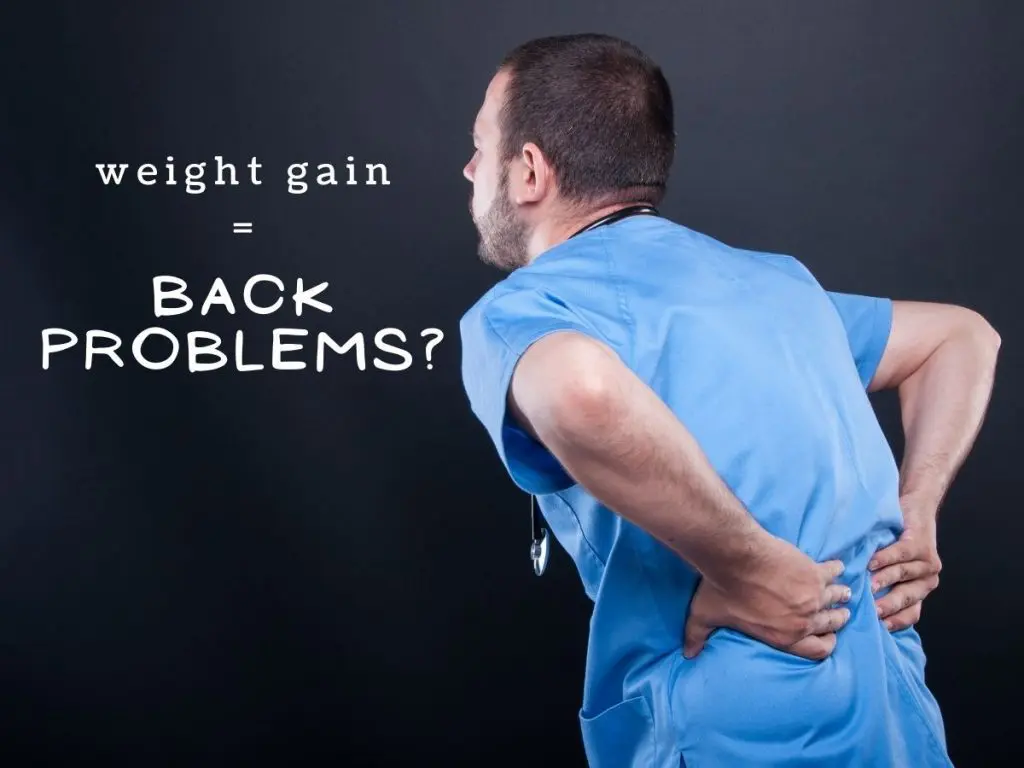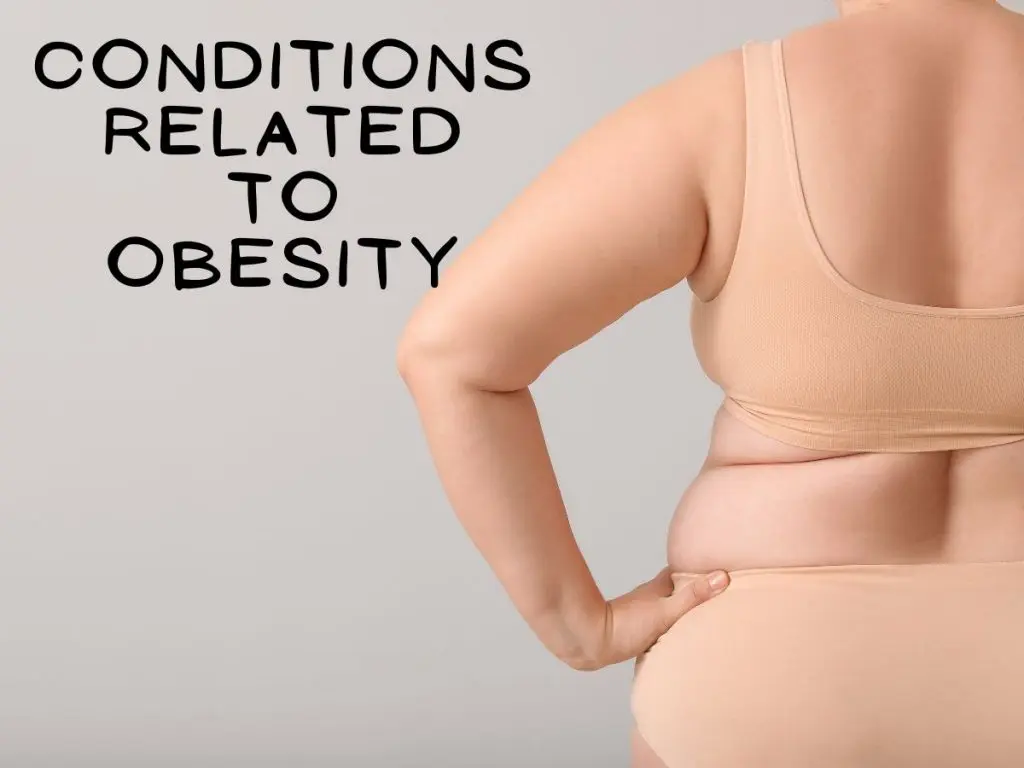Can Weight Gain Cause Back Problems?
It is becoming an epidemic among Americans where an additional 3% of people in America are obese and 2% have a history of weight gain. Both groups suffer from a variety of health conditions irrespective of genders, race or even age. Researchers have linked increased body weight and abdominal fat to back pain.

Back problems may affect your sleep patterns, posture, spine problems, lower back pain, walking patterns, ability to perform labor, or even your job.
Weight loss for back pain relief
Patients whose obesity has lead to chronic back problems are less than aware of their excess weight. Although there hasn’t been much study about why extra weight can affect back pain, there is still some people who claim they are overweight.
In addition to back pain, obese and overweight individuals can show fatigue, difficulty in breathing and shortness of breath while attempting a short workout. Although losing weight can help with other health issues, shedding extra pounds can relieve extra pressure from your spine.
How Obesity Causes Back Pain?
A recent report shows that about one-third of Americans with high obesity experience musculoskeletal pain. The American Obesity Association also reports more obese people say they can’t perform daily tasks. The most frequent obesity-related pains include musculoskeletal and joint pain such as chronic back pain.
In overweight people it’s essential to maintain an overall body mass as every pound exerts stress on back muscles as well. Having excess weight have other health effects.
That is why it is important to maintain healthy weight for over all wellness
Conditions related to Obesity

Being overweight is a risk factor and can contribute to other health problems. You’ll be able to find many of these conditions supported by research.
Obese people often suffer sciatica or lowerback symptoms due to a herniated disc.
This happens because discs have to compensate for the excess weight on the spine, which can causes a disc rupture or spinal damage and pinched nerves.
Back arthritis may become more severe when there’s added weight to the joints. Those who are overweight or obese can have an osteoarthritis problem.
Weight Loss Tips for Back Pain Relief
Back pain is often devastating causing people to lose their ability to perform basic functions in their daily activities such as walking, working, driving or even participating in social functions. Corrective measures will also double up as preventative steps.
According to studies, 1 pound of weight can relieve up to three to four pounds of pressure on the body! So imagine how much 10 pounds of unhealthy body fat lost can do for your spine health.
Many people are also looking into surgery to help manage their pain. But before doing that, try losing weight first and possibly working with a personal trainer. If your back pain is severe, maybe work with a physical therapist to help strengthen your muscles. Try these non invasive alternatives before undergoing risky procedures to reduce your chronic back pain or joint pain.
Surgeries are not always 100% guaranteed success. They also cary a great risk for anyone because going under sedation carries its own risk.
Start A Diet Journal

It’s hard to know what to cut back if you don’t know what you’re consuming on a regular basis.
It may also be good to know what foods you had recently consumed that started to cause you back trouble. Believe it or not, food can be a leading cause in inflammatory responses that can cause these flare ups.
Once you’ve figured out how much calories you are REALLY consuming and which foods you noticed was giving you more trouble, maybe it’s time to cut them out the following week. Don’t do everything all at once or you will get overwhelmed.
Maybe have a goal the following week, after you’ve journaled for 1 week, to cut out certain foods in your diet that made you feel worse. Try not to replace it with other high caloric foods.
It may take several weeks to start seeing a difference or it may even take just several days for others.
Diet
You can eat an excellent diet to lose fat and reduce back pain. Keep an eye on calories and learn to eat healthy foods by reading food labels & tracking your diet. You may consult a doctor to learn what is a proper diet plan.
If you have other health issues, such as a heart disease, diabetes or high blood pressure and or medication, your diet may need to be modified for optimum results. There is no diet and exercise program out there that is one size fits all.
Exercise
It is recommended that you talk to a doctor before starting any exercise plan to reduce body weight if this is new to you. Exercise daily and ask for help from the family and friends. Join a gym class if working out solo is not your thing. Sometimes its more motivational to do things with other people who are on the same weight loss journey as you are. And if you are a high risk individual, make sure you talk to your doctor first before doing any strenuous exercise programs.
Also, when you strengthen your muscles, you become stronger and your body becomes more effective to handle pressure. These muscles will support the body more efficiently. You may notice your lower back pain may start to diminish as your abdomen gets tighter.
Make an Appointment with a Doctor
If you believe you have weight problems, you should see your primary physician or speak to a physician who specializes in weight loss. They may be able to support you with great information on how to start regarding diet and exercise. The doctors could also help with how to maintain your weight. Being prescribed the right treatment could set you on a good path for journey.



